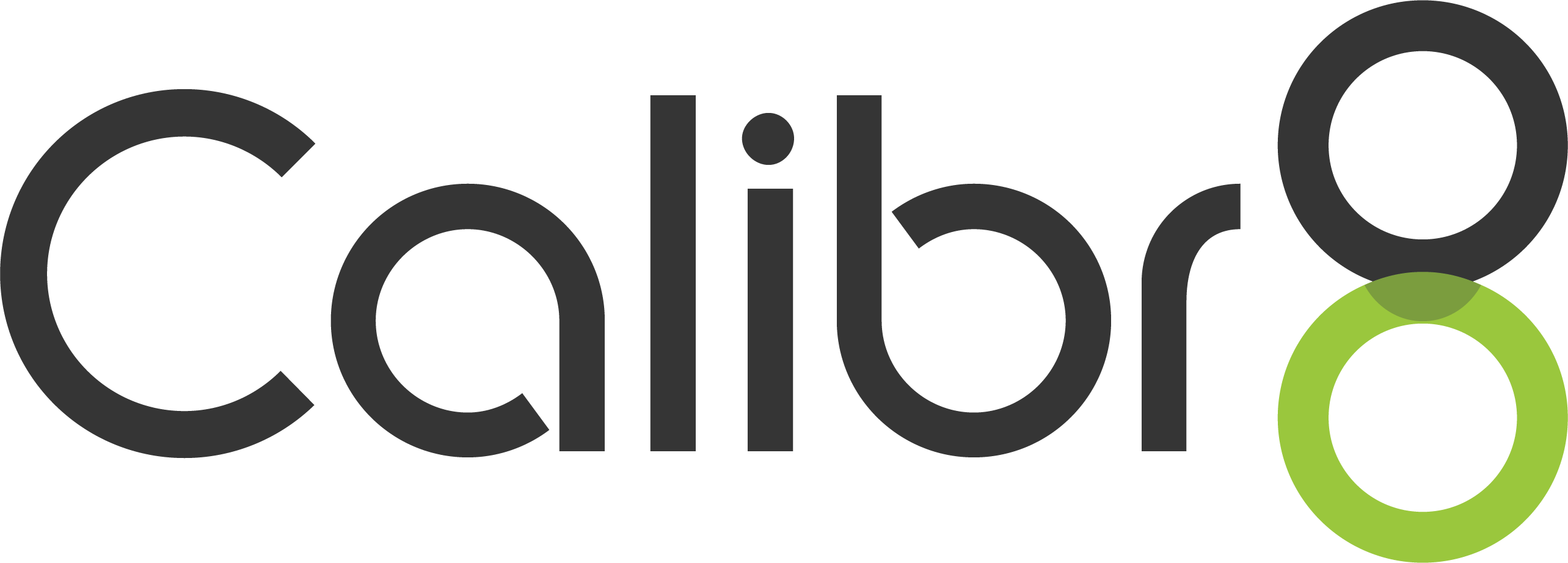Read time: 8 mins
At The Logit Group, we're tracking four critical consumer behavior trends fundamentally changing how research gets done. These consumer changes inform what needs to change in market research trends. To that end, understanding these shifts isn't just academic – it's essential for designing surveys that engage participants and deliver data-driven insights. Here's what you need to know to adapt your research approach for today's consumers:
Key Takeaways
- Consumers demand more privacy, requiring new data collection methods.
- Decision-making happens in micro-moments, making real-time research essential.
- Engaging, experience-driven surveys improve participation and data quality.
- Short-form content aligns with shrinking attention spans and digital habits.
- Successful research adapts to these trends for more accurate, actionable insights.

The Privacy-First Revolution
People are growing more wary of giving out their personal information online. This education is positive for individuals’ security, creating a seismic shift in the online data collection industry. Today's participants aren't just privacy-aware – they're privacy-demanding, fundamentally transforming how we approach research. This heightened awareness has pushed us to reimagine our entire data collection and management approach.
Our response has been to develop and implement advanced methodologies that serve as the foundation of modern research execution. Privacy-preserving research technologies now form the cornerstone of our approach, ensuring respondent anonymity while maintaining the highest data quality standards.
Complementing these technologies, we've pioneered approaches that leverage third-party data sources to enhance proprietary research without burdening participants with excessive questions. Our voter match tool exemplifies this approach, using just three respondent-provided data points to append over 100 additional data points that would otherwise require direct questioning.
We're also applying AI to improve probability matching, analyzing historical data to predict which partially qualified respondents are best suited for specific studies. This reduces questionnaire length and increases conversion rates, creating a better participant experience while respecting privacy concerns.
These comprehensive solutions enable us to gather the deep insights our clients need while honoring the evolving expectations of today's privacy-conscious consumers.

The Micro-Moment
Let me craft a section about Micro-Moment Research Design that builds on the previous sections and incorporates insights from the blog:
Consumer decision-making has undergone a profound transformation in recent years, shifting from predictable linear journeys to fragmented series of rapid, intent-rich moments. When consumers instinctively turn to devices to learn, do, discover, or buy, these micro—moments have reshaped how research must be designed and executed. The traditional approach of capturing consumer behavior through scheduled, lengthy surveys no longer fully captures the reality of today's decision-making process.

Anthony Molinaro
Managing Director
“Technology is enabling consumers to interact with brands in multiple ways, giving rise to the importance of accessing insights through multiple touchpoints of the journey,” explains Anthony Molinaro, Managing Director at The Logit Group. “We're rethinking data collection so that we are not just measuring isolated decisions but rather we're mapping feedback and behaviour across high-intent moments.”
This fragmentation demands more sophisticated and nimble research approaches. Our technology stack has evolved to enable real-time capture of decision points across multiple touchpoints, allowing us to identify precisely when and where consumers make critical choices. Rather than relying solely on recall, we've integrated passive and active data collection methods that intercept consumers during these pivotal moments, gathering insights when intent and attention are at their peak.
The complexity of these interconnected moments requires advanced analytics capabilities to transform fragmented data points into cohesive insights. Our approach combines these micro-moments to reveal the underlying patterns and triggers that drive decisions. For research clients, this means moving beyond simply understanding what consumers do to comprehending why they do it at specific moments in their journey.
This shift toward micro-moment research design complements our privacy-first approach and experience-driven methodologies. Together, they form a comprehensive framework for modern research that respects consumer preferences while capturing the reality of today's decision-making processes. By meeting consumers where they are—in brief, intent-rich moments—and providing engaging research experiences that respect their privacy, we're helping our clients develop more effective, consumer-centric strategies based on how people actually make decisions today.

The Experience Economy
The rise of the experience economy isn't just changing how consumers shop – it's fundamentally reshaping if and how they engage with research. Today's participants expect more than just another survey; they want an interaction that respects their time and intelligence while offering an engaging experience. This expectation shift has pushed the research industry to reimagine the nature of survey design and execution.

Steve Male
Executive VP of Innovation & Strategic Partnerships
“What we're seeing is a complete transformation in how participants approach surveys," says Steve Male, Executive VP of Innovation and Strategic Partnerships at The Logit Group. "The traditional, clinical approach to data collection simply doesn't cut it anymore. Participants want to feel heard and engaged, not just processed through a questionnaire. When we create more dynamic, conversational experiences, consumer insights, and analytics quality improve dramatically.”
Our recent research-on-research study validates this observation. When we tested inca, a conversational AI survey platform, against traditional methods, the results were striking. Participants not only spent more time with the conversational format (11.8 minutes versus 9.3 minutes) but perceived the time as shorter – a clear indicator of improved engagement. More importantly, 78% of participants rated the conversational experience better than traditional surveys, citing its interactive and engaging nature as key differentiators.
However, the benefits extend far beyond participant satisfaction. The study revealed that engaged participants provide richer, more nuanced responses. Open-ended responses were nearly 50% longer in the conversational format, and an impressive 65% received top ratings for quality, compared to just 13% in the traditional format. This enhancement in response quality translates directly into clearer, more actionable insights for our clients.
These findings underscore a crucial truth in modern research: creating an engaging survey experience isn't just about making participants happy – it's about gathering better data. By investing in interactive feedback mechanisms, implementing value-exchange models, and embracing innovative survey technologies, we're not just keeping pace with consumer expectations but elevating the entire research experience to deliver more meaningful insights.

The Attention Span of a Goldfish
The “TikTok-ification” of modern life represents another significant reason why we must shift how we approach data collection. Consumers increasingly gravitate toward brief, high-impact content formats, so their tolerance for traditional research methods has diminished proportionally. This isn't merely about shorter attention spans—it's about fundamental changes in how information is consumed and processed in today's digital environment.

Sam Pisani
Managing Partner
“What we're witnessing isn't just preference evolution—it's a complete rewiring of information processing," notes Sam Pisani, Managing Partner at The Logit Group. "Today's consumers have developed highly efficient filtering mechanisms that favor concentrated, visually engaging content. Our research methodologies must adapt accordingly or risk gathering shallow insights from disengaged participants.”
This reality has driven us to pioneer short-form research innovations that align with contemporary content preferences. Our micro-survey methodologies now deliver focused insight generation in under two minutes, maintaining participant engagement while still gathering statistically robust data. This approach differs significantly from capturing micro-moments; rather than tracking fragmented decision points, we're condensing the research experience itself to match modern expectations.
We've also revolutionized qualitative feedback collection through video response capabilities that feel familiar to participants accustomed to creating short-form video content. These tools enable participants to express nuanced perspectives efficiently, often communicating in 30 seconds what might take several paragraphs to write—resulting in richer emotional context and more authentic feedback.
Perhaps most transformative are our social media-inspired research interfaces that leverage familiar interaction patterns. By adopting conventions from platforms participants use daily, we've created research experiences that feel less like traditional surveys and more like natural digital interactions. This approach improves completion rates and enhances data quality by reducing participant fatigue and increasing authentic engagement.
The Path Forward
These four consumer trends—privacy demands, experience expectations, micro-moment decision-making, and short-form content preferences—represent the new reality of market research. Together, they've fundamentally reshaped how we must approach every aspect of research design and execution, requiring a cohesive response rather than siloed solutions.
Forward-thinking researchers recognize these shifts as interconnected facets of a single transformation in consumer behavior. The most compelling research strategies now address these trends holistically, creating methodologies that respect privacy while enhancing experience, capturing decision micro-moments, and adapting to modern content preferences—all simultaneously and without compromise.
At The Logit Group, we've built our research execution approach around this integrated understanding of today's consumer. Adapting to consumer evolution isn't about compromising research integrity but enhancing it through alignment with real-world behaviors, resulting in more authentic insights that drive better business outcomes and competitive advantage. The distinction between good and great research increasingly comes down to execution expertise in this complex environment. As consumer behaviors continue evolving at an accelerating pace, organizations that partner with specialized research execution teams gain the advantage of navigating these complexities without sacrificing data quality or actionability.
The goal of market research remains unchanged: delivering insights that drive confident decision-making in a competitive marketplace. How we get there is evolving—through methodologies that respect today's consumers, technologies that capture real behavior, and partnerships that transform research challenges into strategic advantages.








